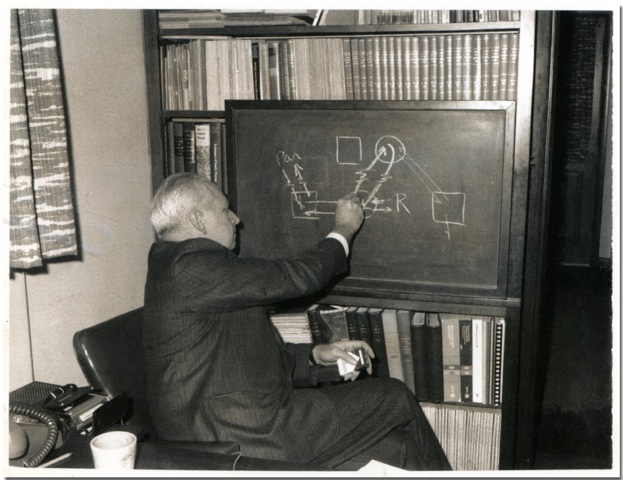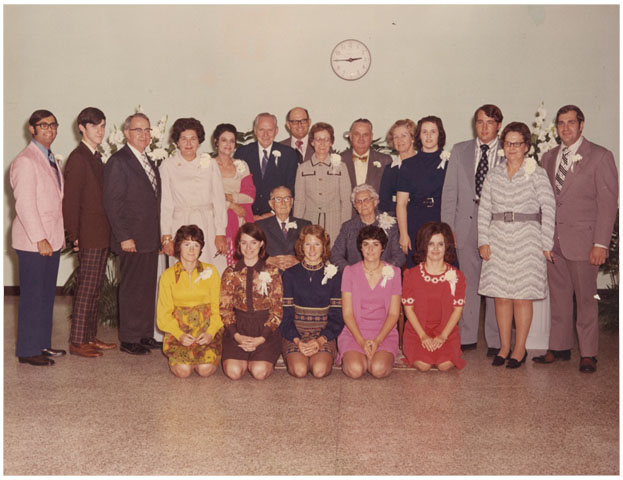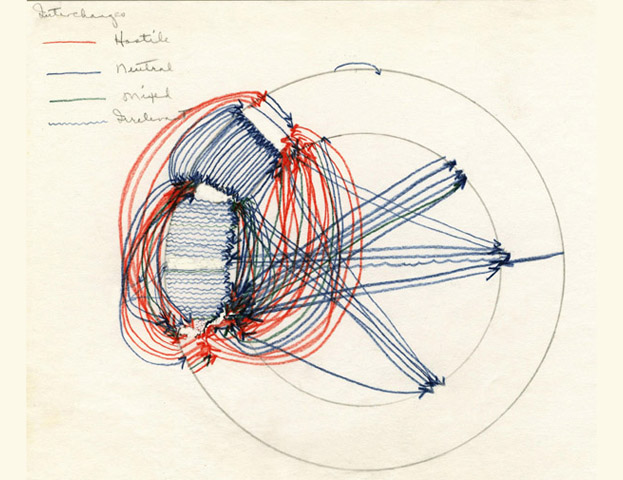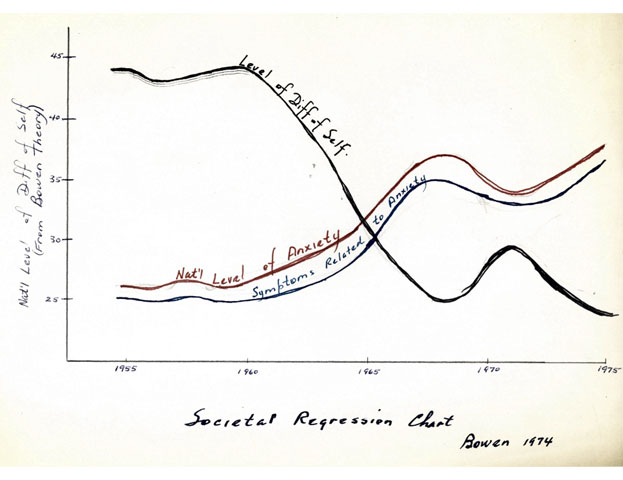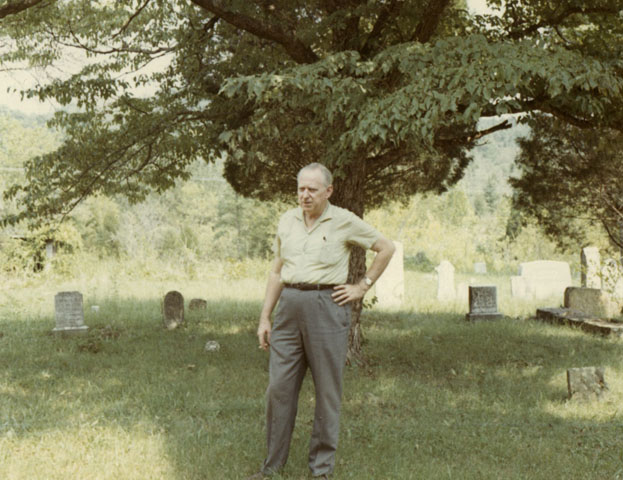Murray Bowen wrote scores of letters to family, friends, professionals, and clients detailing his systems theory of human behavior. In this section you can read excerpts from letters and explore his thinking about a number of topics. In the future, full access to these letters will be available from the National Library of Medicine.
Dr. Bowen developed a system’s view of human behavior. He believed systems theory was superior to individual theory and that someday we would be able to conceptualize emotional, physical, physiological, chemical, genetic, and spiritual things, all with the same theory.
Dr. Bowen discusses his interest in the total family of man. Emotional issues, he argues, are never quiet.
Triangles, unresolved emotional attachment, and seeking “happiness” in a marriage and resolving to make it better for your children are topics in this section.
Dr. Bowen warns of disharmony between man and nature and the regression what will come with this lack imbalance. The higher the anxiety the more the majority does things to impinge on the minority. This writing echoes the challenges we face today.
Death is a biological event, Dr. Bowen writes, and shrouded in emotional reactiveness. Read about the importance of becoming a self in your family and the role of others in one’s own death.

